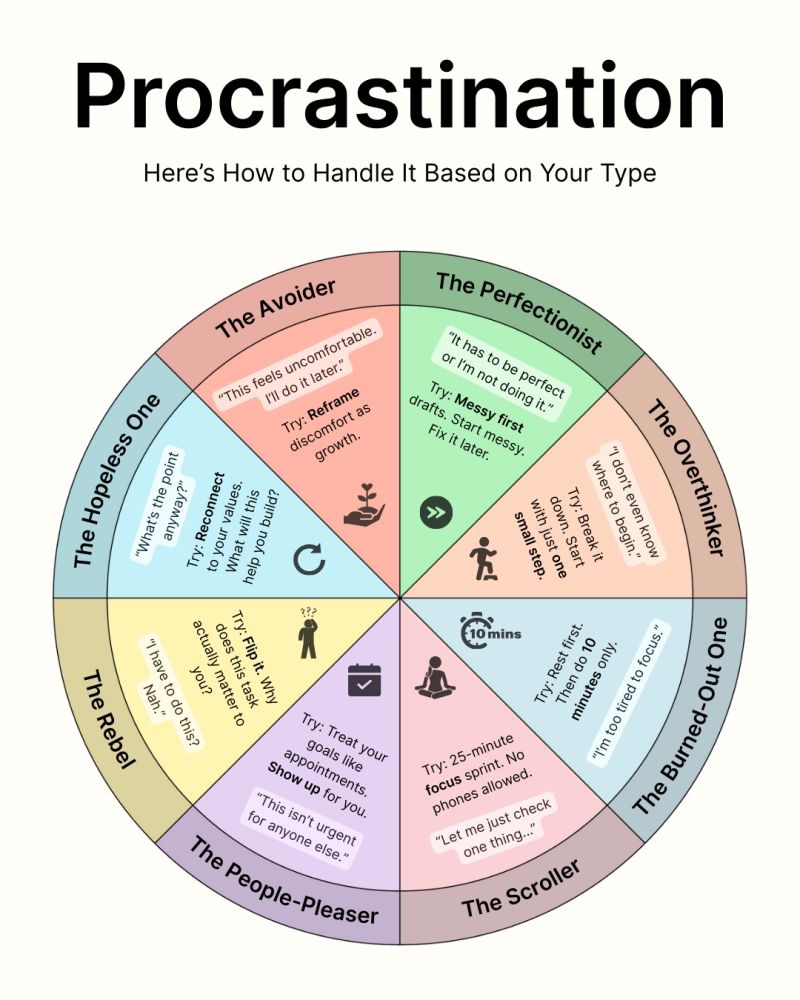Sublime
An inspiration engine for ideas
There was a period in his career when Seth Rogen would feel terrible after watching a great movie. A writer, actor, and director himself, he’d burn with envy, measuring his writing, acting, and directing against the writing, acting, and directing of whatever brilliant thing he’d just watched. Then he’d go back to his own work and start twisting and
... See more




